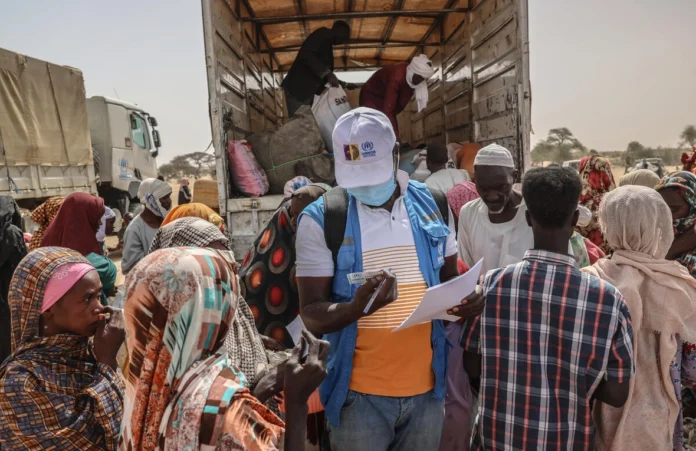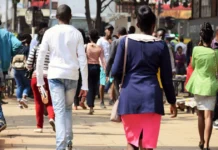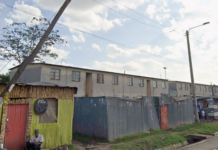
The UN Refugee Agency (UNHCR) has issued a grave warning about the deepening humanitarian emergency in eastern Chad, where the number of Sudanese refugees has more than tripled in just over two years, following renewed violence in Sudan’s Darfur region.
Since April 2023, over 844,000 Sudanese refugees have fled to Chad, fleeing a brutal conflict that has displaced millions across the region. This adds to the 409,000 Sudanese who had already sought safety in Chad over the past two decades, bringing the total number of Sudanese refugees in the country to more than 1.2 million. This unprecedented surge is placing immense strain on Chad’s already fragile humanitarian infrastructure.
The most recent influx began in late April 2025, sparked by violent attacks by armed groups in North Darfur. More than 300 civilians were killed in assaults on displacement camps such as Zamzam and Abu Shouk, as well as in El Fasher town. In just over a month, 68,556 refugees, many of them women and children, have crossed into Chad’s Wadi Fira and Ennedi Est provinces, with some 1,400 arriving each day. Many describe fleeing under gunfire, navigating armed checkpoints, and enduring extortion and abuse.
UNHCR protection teams have interviewed thousands of newly arrived refugees. Alarming testimonies reveal that 72 per cent experienced severe human rights violations, including physical and sexual violence, arbitrary detention, and forced recruitment. Sixty per cent have been separated from their families.
The crisis is particularly devastating for children. Nearly two-thirds of school-aged children are out of education, and at least 30 have arrived with life-threatening injuries. Among them is seven-year-old Hawa, who lost her parents and siblings in a bombing raid on Zamzam and suffered injuries that led to the amputation of her leg. Her story is one among countless others that speak to the war’s horrific impact on young lives.
Despite efforts from humanitarian agencies and local authorities, the response remains critically underfunded. Only 14 per cent of shelter needs are being met, and daily water supplies stand at just 5 litres per person, far below the minimum standard. Around 290,000 refugees remain stranded near the border, exposed to extreme weather and violence.
UNHCR is urgently calling for $553.7 million to support the Sudan Regional Refugee Response Plan in Chad, which would provide vital services such as shelter, food, clean water, and medical care.
With four million people having fled Sudan since the outbreak of war in 2023, the crisis is now the world’s largest displacement emergency. UNHCR warns that without swift and substantial international support, regional stability and millions of lives remain at risk.
“This is not just a refugee crisis. It is a crisis of humanity, of safety, and of childhood,” UNHCR said in a statement. “We must act now, because every moment of inaction puts more lives in danger.”
Written By Rodney Mbua


















